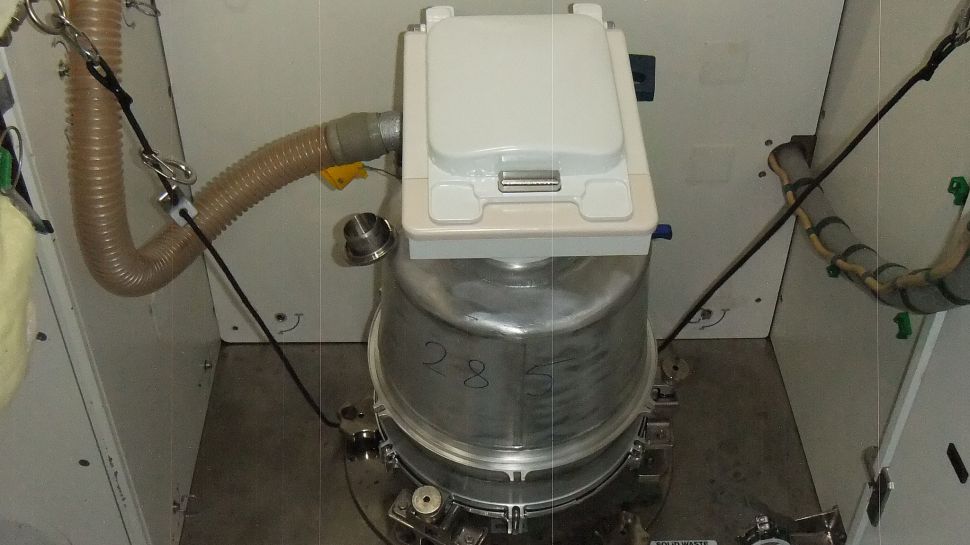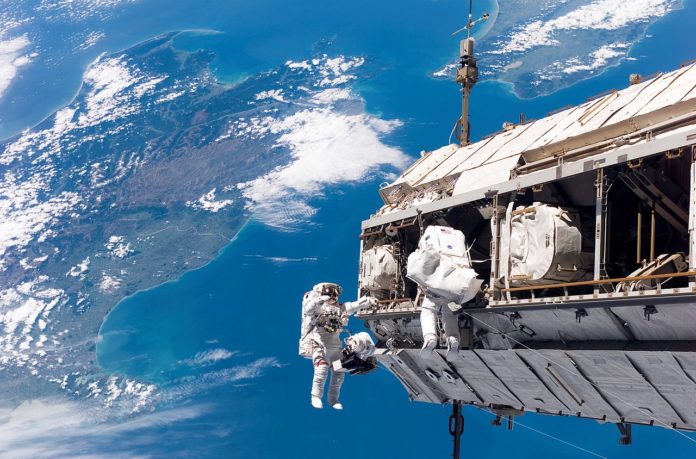Many of the organisms breeding on the surfaces of the international space station are known to us
Scientists from NASA have come to a conclusion that the International Space Station is infested with disease-inducing bacteria. Many of the germs breeding on the space craft’s surfaces are known to form both bacterial and fungal biofilms that promote resistance to antibiotics.

NASA scientists published their findings in a new study — the first comprehensive catalog of germs in closed space systems — in the journal Microbiome.
This is even more important for astronauts during spaceflight, as they have altered immunity and do not have access to the sophisticated medical interventions available on Earth
“Specific microbes in indoor spaces on Earth have been shown to impact human health,” Dr Kasthuri Venkateswaran, a senior research scientist at the NASA Jet Propulsion Laboratory and the study’s co-author, said. “This is even more important for astronauts during spaceflight, as they have altered immunity and do not have access to the sophisticated medical interventions available on Earth.”
Traditional culture techniques and gene sequencing techniques were implemented to observe the concentration of these populations, in areas like, the survey window, toilets, dining area, exercise platforms and the resting quarters, over a time of 14 months crosswise over three flights. The full-scale observations helped them figure if the population was steady or growing. The observations were published in a paper, within the Microbiome Journal. The authors said that the fungal populations were entirely steady, be that as it may, the microbial figures were changing over time.
The authors believe that this study reveals the significance in the department of detection of disease-causing organisms. Spacecrafts should be fairly sanitized environments and the way that even they could house pathogens like these can affect our comprehension of how safe these rooms are.
“The ISS is a hermetically sealed closed system, subjected to microgravity, radiation, elevated carbon dioxide and the recirculation of air through HEPA filters, and is considered an ‘extreme environment,'” said Dr Venkateswaran — essentially the type of place where bacteria tend to thrive.


